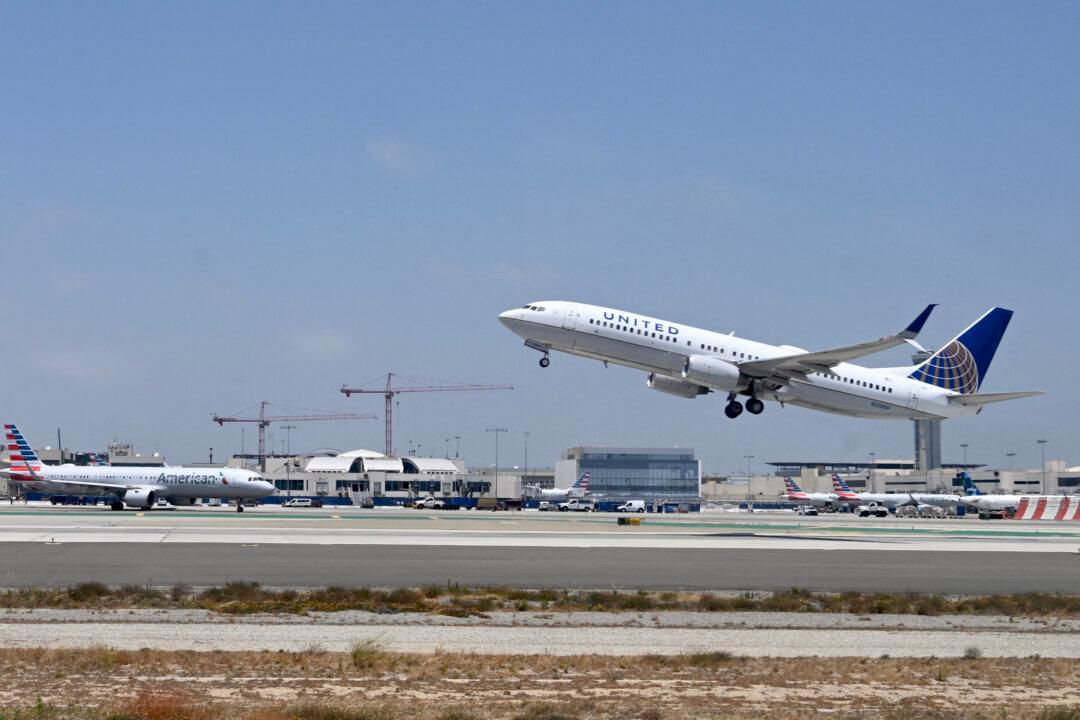Airline passengers will face more expensive flight tickets as the industry starts adopting climate change regulations, such as moving away from fossil fuel-based conventional jet fuels.
Willie Walsh, director general of the International Air Transport Association, which includes most of the world’s major airlines, told reporters at an annual media briefing that the airlines are already stretched thin on profit margins, and cannot absorb an increase in costs. “You cannot expect an industry making on average $1 profit per customer to absorb the increases we’ve seen.”





